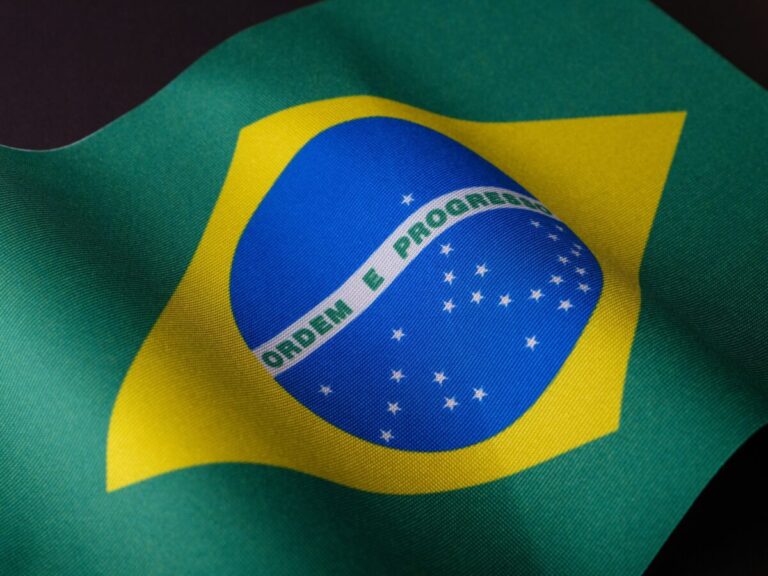On September 2, 2024, Brazil’s Supreme Court upheld a controversial decision to block the social media platform X (formerly known as Twitter) in the country. The ruling followed X’s failure to comply with a court order that required the platform to appoint a legal representative in Brazil. This decision was made to ensure that X adheres to local laws governing online content regulation, particularly those addressing disinformation and electoral interference.
The decision marks the latest in a series of actions taken by the Brazilian government to combat the spread of fake news and misinformation on social media. X has faced increasing scrutiny in recent years, especially following its role in spreading false information during Brazil’s tense 2022 presidential election. The court cited the platform’s inadequate efforts to curb disinformation that had contributed to electoral interference, hate speech, and social unrest.
The Debate: Regulating Platforms vs. Freedom of Speech
The decision to block X in Brazil has ignited heated debates regarding the balance between regulating social media to combat disinformation and protecting freedom of speech and expression. Supporters of the ruling argue that social media platforms, as gatekeepers of information, must be held accountable for the content they allow to circulate, particularly when it has the power to influence public opinion, disrupt elections, or incite violence. They emphasize the importance of responsible platform management in safeguarding democratic processes and public safety.
On the other hand, critics argue that the decision could set a dangerous precedent for government overreach, potentially leading to the censorship of online platforms and the suppression of free speech. They express concern that such a ruling could pave the way for more authoritarian control over the internet, stifling dissent and limiting open dialogue in an increasingly digital world. Some fear that governments might misuse these powers to silence political opposition and restrict the flow of information.
X’s Response and Legal Challenges
In response to the ruling, X has vowed to challenge the court’s decision, asserting that it is committed to cooperating with Brazilian authorities and improving its content moderation practices. The platform has acknowledged the need for better regulation and management of harmful content but has expressed concerns over the broader implications of the decision for its operations in Brazil. X’s legal team is preparing to fight the decision in court, arguing that the platform’s global reach and the complexities of content regulation should not be subject to such stringent local restrictions.
Despite the company’s willingness to cooperate, it is also wary of the potential for further government-imposed restrictions on its operations in Brazil and other countries. X has warned that such actions could lead to a more fragmented internet and challenge the platform’s ability to provide a consistent service across borders.
Global Implications for Social Media Regulation
The Brazilian Supreme Court’s ruling has resonated beyond the country’s borders, sparking discussions worldwide about the regulation of social media platforms. In many countries, concerns about disinformation, hate speech, and the manipulation of public opinion during elections have led to growing calls for stricter oversight of digital platforms. The move in Brazil may encourage other nations to consider similar actions, potentially leading to a global shift in how governments approach the regulation of online content.
Experts warn that such actions could result in more widespread crackdowns on social media companies, particularly in regions with increasing concerns over the role of these platforms in political manipulation and the spread of fake news. While governments argue that these measures are necessary to protect democracy and public welfare, there is a significant risk that they could infringe upon digital rights and freedom of expression.
The Future of Social Media in Brazil and Beyond
As the legal battle over the decision continues, the outcome of this case could have far-reaching consequences for both X and the broader tech industry. If upheld, the decision to block X in Brazil may set a precedent for stricter government control over online content in other countries, especially those with similar concerns about disinformation. The case could also prompt social media companies to reassess their global operations and strategies for complying with increasingly complex and varied regulations.
Ultimately, the case reflects the ongoing global tension between the need for responsible regulation of digital platforms and the protection of free speech in an increasingly connected world. As the digital landscape continues to evolve, governments, tech companies, and civil society will need to find a way to balance these competing interests to ensure that the internet remains a space for open exchange while addressing the challenges posed by harmful content and misinformation.


